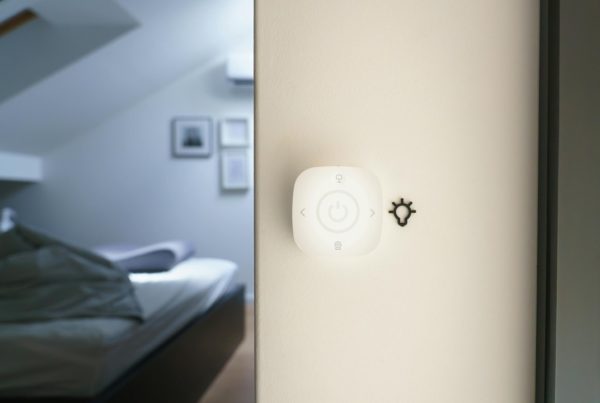Augmented Reality (AR) has emerged as a transformative technology, blurring the lines between the digital and physical worlds. As AR applications continue to proliferate across various industries, the role of light sensor technologies becomes increasingly crucial. In this article, ActLight explores the top 10 leading AR companies and how they leverage light sensor technologies to unlock the full potential of augmented reality experiences.
1. Meta (formerly Facebook Reality Labs): Meta, known for its Oculus VR headsets, is a pioneer in AR technology. Their advanced light sensor technologies enable precise environmental mapping, allowing virtual objects to seamlessly integrate into the real world.
2. Magic Leap: Magic Leap’s light field technology revolutionizes AR displays by mimicking the way light behaves in the real world. Their proprietary sensors capture and process light in real-time, resulting in lifelike and immersive AR experiences.
3. Microsoft: Microsoft’s HoloLens AR headset employs a range of sensors, including light sensors, to create holographic images that appear to interact with the environment. These sensors enable accurate spatial mapping and gesture recognition, enhancing user interactions in AR.
4. Google: Google’s ARCore platform powers a wide range of AR applications on Android devices. Leveraging light sensors alongside other sensors like accelerometers and gyroscopes, ARCore enables developers to create immersive AR experiences that respond to changes in lighting conditions.
5. Apple: Apple’s ARKit framework integrates light sensor data with camera input to create realistic AR scenes on iOS devices. With features like ambient light estimation, ARKit ensures virtual objects blend seamlessly with the user’s surroundings, enhancing immersion.
6. Qualcomm: Qualcomm’s Snapdragon platforms feature advanced image signal processors (ISPs) capable of processing data from light sensors in real-time. These processors enable high-quality AR experiences on mobile devices, with features like depth sensing and scene recognition.
7. Epson: Epson’s Moverio AR smart glasses utilize light sensors to optimize display brightness and contrast in varying lighting conditions. This ensures optimal visibility of virtual content overlaid onto the real world, enhancing user comfort and usability.
8. Vuzix: Vuzix’s AR smart glasses integrate light sensors to provide accurate environmental data for AR applications. These sensors enable features like adaptive display brightness and automatic adjustment of virtual object opacity, enhancing AR realism.
9. PTC (Vuforia): PTC’s Vuforia AR platform leverages light sensors in conjunction with computer vision algorithms to enable markerless AR tracking. By analyzing changes in ambient light, Vuforia ensures stable and accurate AR object placement in dynamic environments.
10. Avegant: Avegant specializes in AR wearables with focus on high-quality display technologies. Their light sensor solutions optimize display performance, ensuring consistent brightness and color accuracy across various lighting conditions for immersive AR experiences.
ActLight’s Contribution to Light Sensor Technology: While the spotlight is on these top AR companies, ActLight is quietly making its mark by innovating new light sensing technology that could be integrated into many modern devices in the near future. ActLight’s dedication to pushing the boundaries of sensor technology ensures that its solutions will play a significant role in shaping the future of augmented reality and other emerging technologies.
As the AR industry continues to evolve, the integration of light sensor technologies plays a pivotal role in delivering immersive and realistic experiences. The top 10 leading AR companies highlighted in this article are at the forefront of innovation, leveraging advanced light sensor technologies to push the boundaries of augmented reality. By harnessing the power of light sensors, these companies are unlocking the full potential of AR, shaping the future of digital interaction and immersive computing, with ActLight contributing to this innovative landscape.
Reach out to Roberto Magnifico for more information on ActLight’s solutions for your business.






